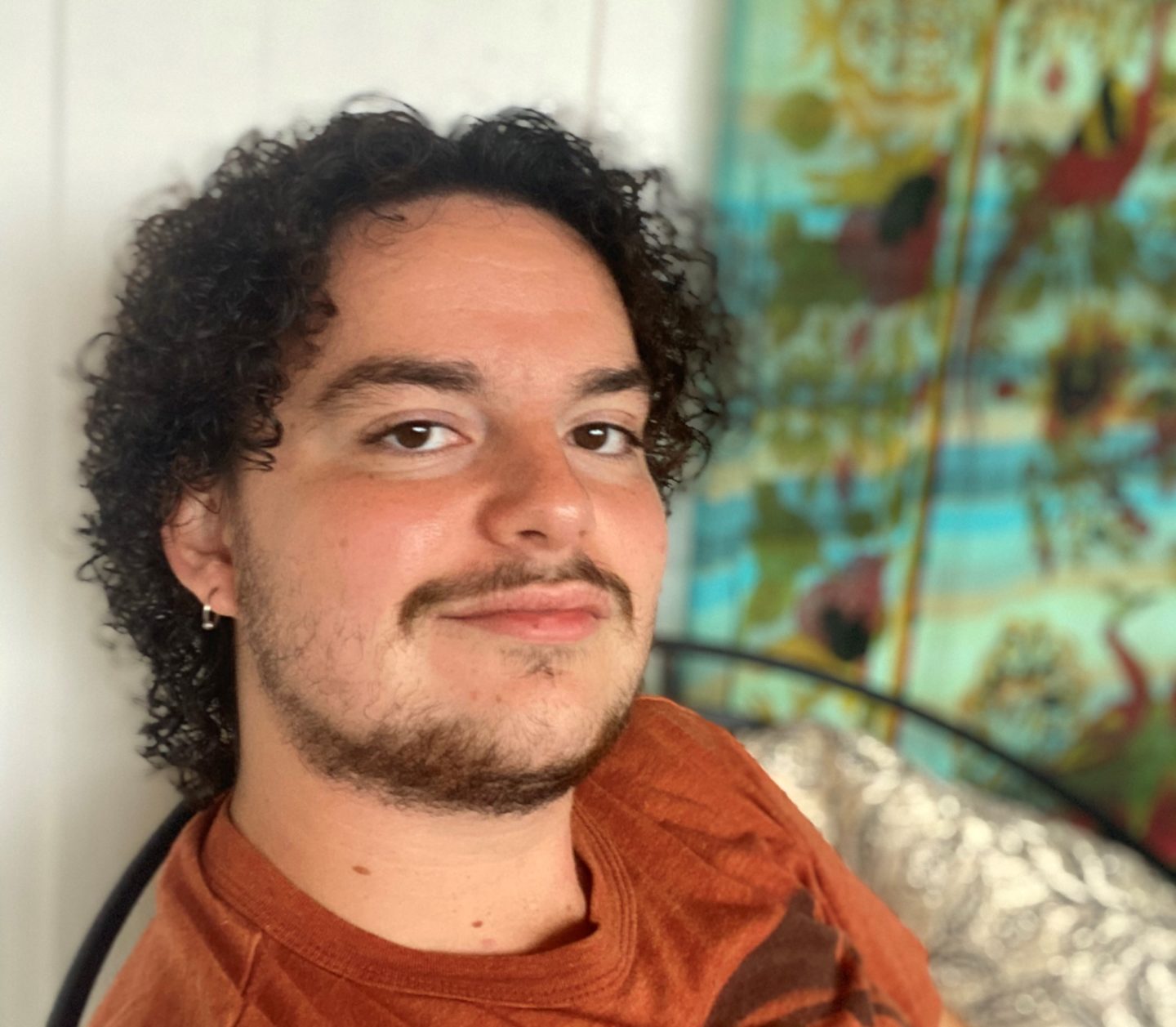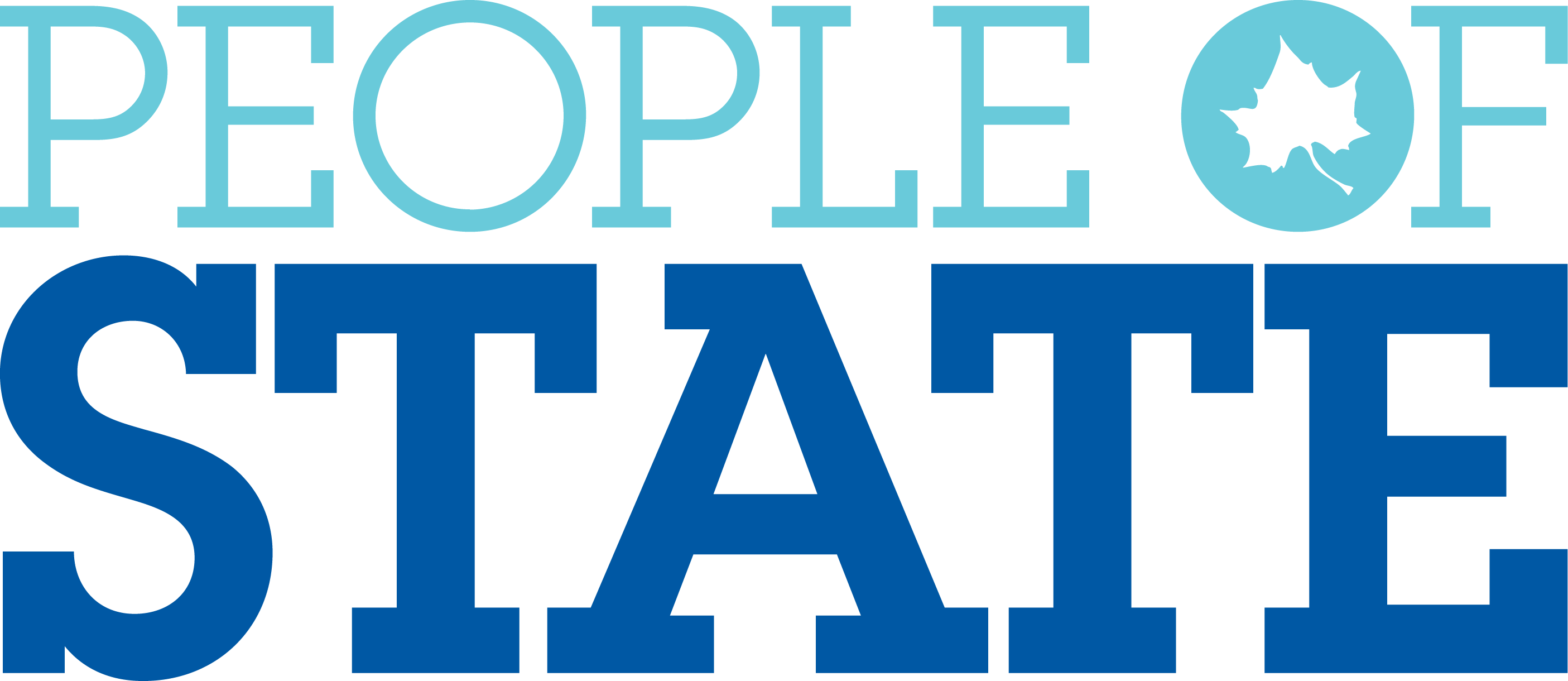
Teaching English as a second language
By Indiana State University
Apr 8, 2021
Language Studies senior Orion Hall is the first Indiana State University student to intern with the Washington School Corporation in Indiana. Hall provides English as a second language (ESL) support to students in the district.
Hall’s internship began in the spring semester and is offered online due to COVID-19 restrictions and travel time. The Department of Languages, Literatures, and Linguistics (LLL) hopes eventually to include a mix of online and in-person teaching experiences for interns in the program.
“With the pandemic, I think it really shocked the educational system, both K-12 and university-level, in needing to evaluate digital connectivity for all students,” Hall said. “While the situation particularly highlighted disparities in internet access for students, I noticed first-hand its effect on non-mainstream students; particularly, how connectivity issues and resource gaps for ESL students caused many kids to seemingly ‘disappear’ from their education.

“I learned about this internship experience and felt it to be an urgent need in the education field to tackle ESL learning in the virtual landscape, and to help keep high-need students from becoming disenfranchised and falling to the side during these tumultuous times of public health safety,” Hall added.
The internship experience developed while current teachers in Washington, Ind. were working with Indiana State to complete a graduate certificate that would allow them to become licensed to teach English as a second language.
“A couple of months ago, we were talking with the teachers and administration at the school corporation and asked what other support we could provide, and they mentioned the need for increased ESL support,” said Scott Sterling, who is an associate professor of TESL and Linguistics and serves as support for State student interns going through the program. “The University has so many resources at its disposal, and this is a great way to get our students experiences in an area of high need, where they can work with students and assist with multicultural communities and competencies.”
Hall grew up learning multiple languages. After graduation, Hall hopes to continue studying CALL (computer-assisted language learning) and language autonomy in SLA (second language acquisition), to facilitate ESL students’ access to materials and support in the university setting.
“I spoke Spanish at school with friends, and watched Bollywood films with my sister and niece. I would read books in French, and masjid and the Quran were in Arabic,” Hall said. “As I got older I realized my upbringing gave me a much more multicultural perspective, and really valued language and culture. As I pondered what to study in college, I decided to take some Spanish and linguistics courses at ISU and it cemented my love for it.”
Hall has taken several courses related to language pedagogy and working with ESL students.
“I feel the most beneficial course was on CALL, or Computer-Assisted Language Learning. It was an entire course designed on different ways to bring tech into the classroom, including talking about subjects such as gamified learning, autonomy in second language acquisition, open-resource materials, and even how things like Pokémon Go can be used to teach kids language,” Hall said. “ISU had also provided plenty of experience, from working with INTERLINK students, traveling to experience language education in a migrant farm, and connecting me to opportunities such as my job last year at Terre Haute South, where I worked as an educational assistant with ESL students and really got to immerse myself with ESL content in K-12.”
In addition to the Washington School internship, the LLL department provides an ongoing internship on a farm in Oaktown, Indiana where students teach ESL to migrant workers who want to learn and practice English. Since 2018, three Indiana State students have participated in this experience, with more opportunities expected to open up once it becomes safe to travel again.
“Our students go to the farm and teach English to the workers whose English skills aren’t super-strong. Most can’t drive and are isolated on the farm, so the internship offers support for them to learn English skills that can help give them a chance at a promotion or improve their lives in other ways,” Sterling said. “We also teach language related to basic life skills, such as banking and cooking.”
Students with majors in Language Studies are required to study abroad or complete an internship. Other internship placements have included a refugee service in Indianapolis in the spring of 2019, and this year teaching ESL online to European high school students through a partnership with Plus Ed.
The Washington, Ind. School Corporation internship is a great way for Indiana State to provide community engagement and allow students to use their skills in a real-life way.
“Washington, Ind., has a high number of non-native English speakers, so the goal is to have students from ISU be engaged with the school district by offering things like one-on-one tutoring and homework support for non-native English speakers in their schools,” Sterling said.
“Because our students potentially want to teach English as a second language, these opportunities give students direct access to experiences they’ll need in the future by helping them teach, develop cultural skills, and work with a diverse population, which are all 21st-century skills,” Sterling said.

